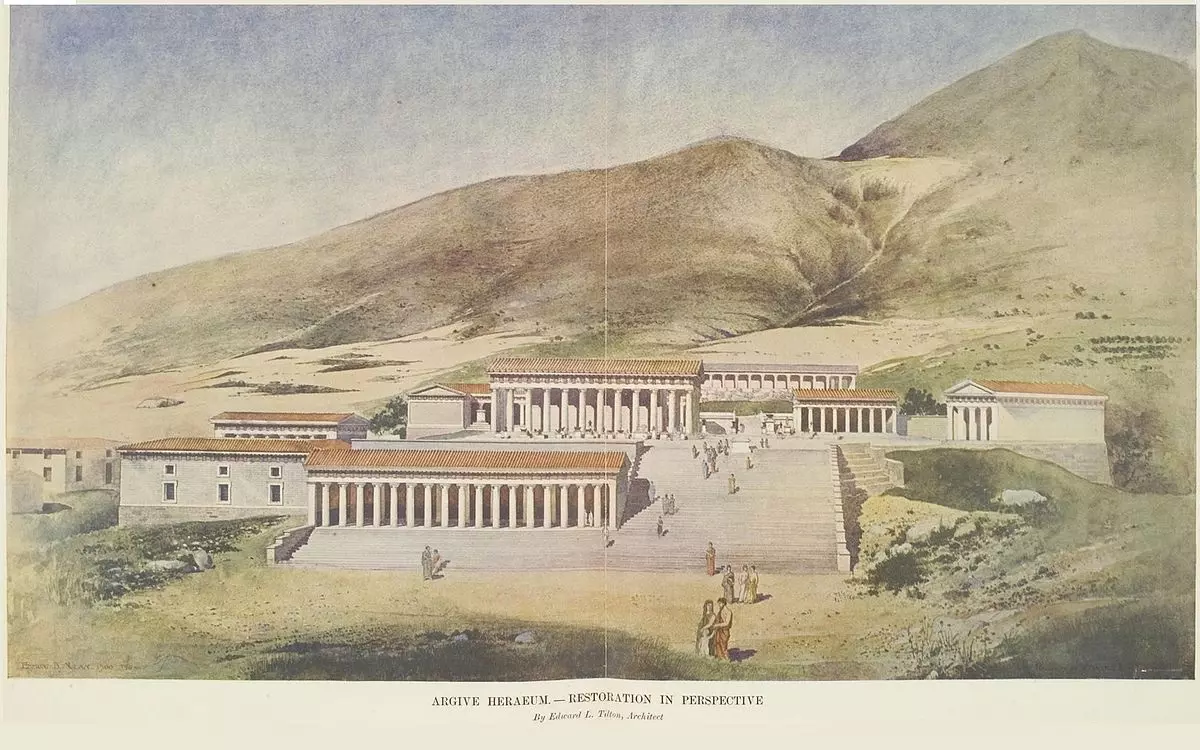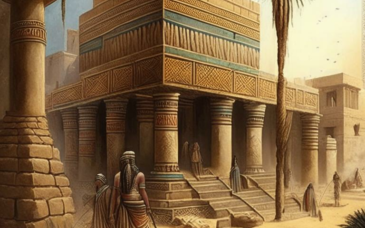Nestled in the northeastern corner of the Peloponnese, the ancient city of Argos has long been a place of legend and history. With roots dating back over 3,000 years, Argos is among the oldest continuously inhabited cities in the world. This post delves into the captivating story of Argos, a city with a rich tapestry of mythology, archaeology, and culture.
Mythical Beginnings
Argos is intrinsically tied to Greek mythology. According to ancient legends, the city was founded by Inachus, the first king of Argos, and played a prominent role in various myths. It was within its walls that the mythological hero Perseus was born and where he later returned with the head of Medusa, turning Phineas, who was betrothed to Andromeda, into stone.
The Argive Heraion
One of the most renowned archaeological sites in Argos is the Heraion, a temple dedicated to Hera, the queen of the Greek gods. This site is not only significant for its historical importance but also for its architectural prowess. It represents the transition from the Mycenaean style to the Doric order, making it an archaeological treasure.
Mycenae and Tiryns
Argos is in close proximity to two other legendary sites: Mycenae and Tiryns. These ancient citadels, part of the "Mycenaean Triad," played pivotal roles in the Bronze Age and are known for their impressive fortifications and magnificent architecture. Mycenae, in particular, is famously associated with King Agamemnon and the Trojan War.
The Theater of Argos
The city boasts an exceptionally well-preserved ancient theater, which harks back to the 4th century BCE. It is a testament to the architectural and acoustical sophistication of its time, and visitors can still attend performances and cultural events in this historical venue.
Modern Argos
Today, Argos is a vibrant modern city, bridging its rich history with contemporary life. Its charming streets and squares invite travelers to explore a living museum. The city's archaeological museum houses a collection of artifacts, including pottery and sculptures, providing insight into the region's long history.
Agricultural Heritage
Argos is renowned for its fertile plains and agriculture. The region is a significant producer of citrus fruits, olives, and grapes, making it a hub for agricultural trade. The Argolic Gulf, which Argos overlooks, is also rich in marine life, contributing to the region's culinary diversity.
Argos, a city steeped in myth, history, and culture, stands as a living testament to the enduring legacy of the ancient world. It continues to draw visitors from around the globe who seek to uncover its secrets, experience its rich heritage, and explore its archaeological wonders. Argos invites all who visit to journey through time and experience a city that, like its mythical namesake, is indeed a place of a thousand stories, each waiting to be told.


